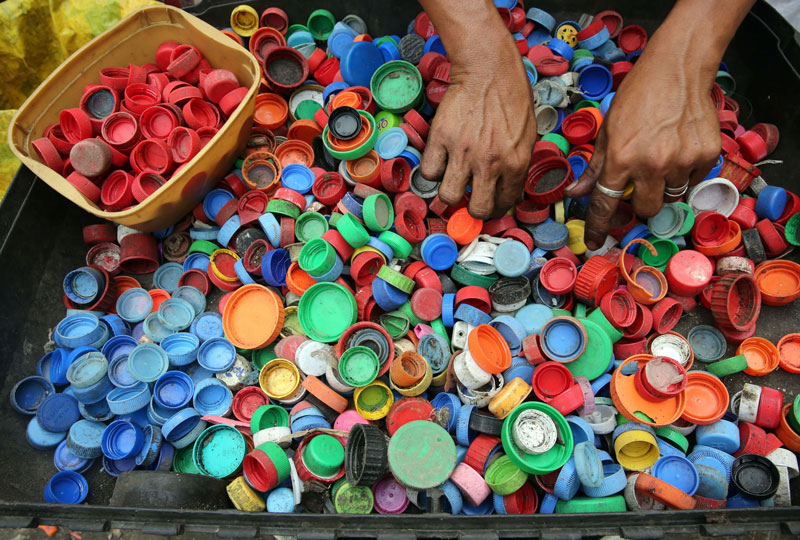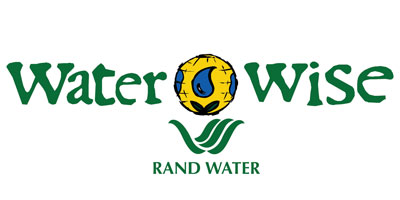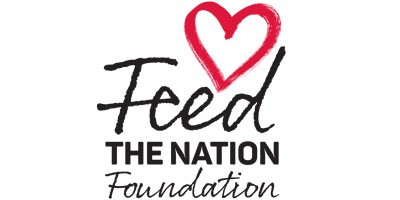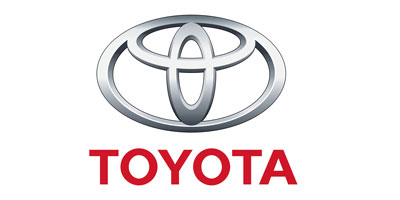On March 18, we recognise Global Recycling Day, the third recycling day so far. It has been established to help world leaders acknowledge the urgent need to commit to recycling habits, given that climate change is the most pressing issue at this time, according to the United Nation’s Millennial goals. The theme of the day this year is “Recycling Heroes.” Individuals and organisations have been nominated, and the top 100 #RecyclingHeroes will be chosen from across the world to acknowledge their efforts at recycling, the top ten receiving generous prizes. To look up the initiatives showcased on the Global Recycling Day website, go to www.globalrecyclingday.com where individual activists, businesses, cities, world leaders and rising youth who are already making a substantial difference are identified.
It is disturbing to note that humans have consumed more resources in the last fifty years than in all previous history. Recycling has become known as the planet’s seventh resource, coming after the six elements on which we currently exist, being water, air, oil, natural gas, coal and minerals. Encouragingly, recycling now supplies 40% of the world’s raw material needs.
Recycling has immense benefits world-wide. Primarily, it combats climate change, saving over 700 million tonnes in CO2 emissions each year worldwide. It also boosts employment around the world with around 1.6 Million people being employed to process recyclables, which are predicted to contribute over $400 Billion to the global Gross Domestic Product in the next ten years. In South Africa, we are aiming to reduce content in landfills by 70% in the next decade.
How are South Africans faring in the global effort to step up recycling? There is much room for improvement! South Africans currently recycle about 72% of cans, 70% of paper, 42% of glass and 42% of plastic. It is a sobering thought that each South African produces 0.5-2kg of waste per day and only about 11% of total waste generated in the country is recycled.
Recycling requires effort and input from individual households, as the infrastructure to separate and collect all our potential recyclable products is not well established. Only about 59% of South African households have their waste collected by the local authority – the rest must drop their waste at a communal collection point or at a communal dump. Those who are fortunate enough to have waste collected are still responsible for separating recyclables from non-recyclables at source. The Western Cape presently does the best job of this, with about 20% of households sorting waste for recycling. It is an alarming fact that millennials in South Africa, and internationally, are far less likely to recycle than those aged 65 years and older.
Many South Africans are also ignorant about how to recycle or how to assist generally.
Here are some pointers to help us improve our efforts:
Adopt the mantra: REDUCE, REUSE, RECYCLE
- If you don’t need it, don’t buy it
- Buy products with the least amount of packaging or Earth-friendly packaging
- Buy products made from recycled material for example, pillows that have been stuffed with hollow-fibre filling made from recycled plastics
- Before throwing something away, consider whether it could be used for another purpose
- Use reusable bags every time you go shopping
- Use a compost heap or worm bin at home for biodegradable waste which reduces the burden on landfills
Know what can and cannot be recycled. The following can be recycled:
- Metal e.g. beverage cans, clean food tins, aerosol/oil / paint cans and metal lids
- Glass e.g. bottles and jars of any colour (note that drinking glasses, lightbulbs, cooking ware, window glass, computer and TV screens are not collected)
- Clean and dry paper and cardboard, such as office paper, magazines, books (but not laminated paper) and all cardboard boxes
- Plastics such as ice cream containers and milk bottles, fabric softener bottles, plastic bags and cling-wrap. Check the recycling logo to see if it is suitable.
- Tetra Pak which makes up fruit juice and milk box containers (this should be recycled separately)
- Electronic waste such as old appliances, devices, batteries and fluorescent light bulbs. These cannot be recycled through the normal waste collection system but taken to an e-waste recycler.
- If you live in an area that has formal kerbside recyclable rubbish collection, make sure to leave your recyclable waste in a separate bag from the non-recyclables. Private companies will also collect waste for you by arrangement.
- If your recycling is not collected, you can take it to a drop-off point or buy-back centre.
- Bin-pickers survive on taking what might be of some value from peoples’ rubbish bins. This is not a hygienic activity for them, but if this is a sad reality in your area, you can assist by putting recyclables in a separate bag on top of your other trash. The informal waste-pickers can then easily remove it and begin the arduous process of getting it to a recycling centre where they are paid a small amount, by weight, for what they separate and bring (preference is given for PET plastic bottles). Although there is a stigma attached to this type of work, the truth is that it reduces the burden on formal infrastructure and bin-pickers are creating their own form of employment.
- To find out more about what recycling services operate in your area, visit mywaste.co.za
References
Aploon, C. (2019). World Recycling Day; how South Africans can make a change. Retrieved 26 February 2020, from https://www.thesouthafrican.com/lifestyle/world-recycling-day-south-africa-2019/
Bax, P. (2019). Joburg’s waste-pickers help SA’s recycling rate rival some in Europe. Retrieved 26 February 2020, from https://www.businesslive.co.za/bd/national/2019-05-13-joburgs-waste-pickers-help-sas-recycling-rate-rival-some-in-europe/
Cyberstoep.co.za. (2020). SA beat Europe in recycling. Retrieved 26 February 2020, from http://www.cyberstoep.co.za/sa-beat-europe-in-recycling/
Globalrecyclingday.com. (2020). Seventh Resource – Global Recycling Day. Retrieved 26 February 2020, from https://www.globalrecyclingday.com/seventh-resource/
Treevolution.co.za. (2011). Guide to recycling in South Africa. Retrieved 26 February 2020, from http://treevolution.co.za/guide-to-recycling-in-sa/
Tyilo, M. (2019). Maverick Life: Recycling in South Africa, how are we doing? A very practical guide to getting started. Retrieved 26 February 2020, from https://www.dailymaverick.co.za/article/2019-07-20-recycling-in-south-africa-how-are-we-doing-a-very-practical-guide-to-getting-started/
Picture courtesy: Krizjohn



















